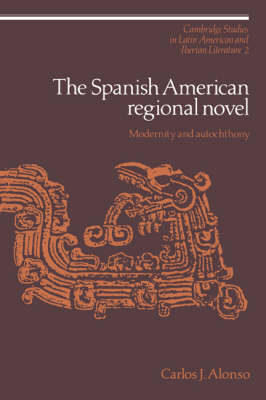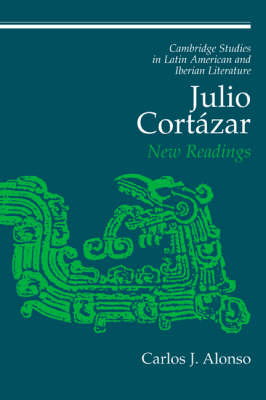Cambridge Studies in Latin American and Iberian Literature
2 total works
Carlos Alonso's study provides a radical re-examination of the novela de la tierra or regional novel, which plays a central part in the development of Latin American fiction in the first half of the twentieth century. He identifies the regional novel as a specific literary manifestation of the persistent meditation on cultural authochthony that has characterized Latin American cultural production from its beginnings, and which in his view springs from Latin America's problematic relationship with Modernity. He proposes a view of the autochthonous as a discourse rather than a referent. Professor Alonso presents his argument through challenging readings of three works that are universally acknowledged as archetypes of the autochthonous modality: Rivera's La voragine, Gallegos's Dona Barbara and Guiraldes's Don Segundo Sombra.
The articles gathered within this 1998 book address the Argentine writer Julio Cortázar's oeuvre from a variety of critical positions and focus on several of his multifarious writings: poems, short stories, novels, and miscellanea. The intention has been to provide the space for a reappraisal of Cortázar that will question received notions and assumptions regarding his works, and hence pave the way for an overarching revision of his production and his place in Latin American literature. Although significantly different in their theoretical approach, style, and their point of insertion in Cortázar's oeuvre, the articles provide a radical reassessment of one of the most significant Latin American writers.

